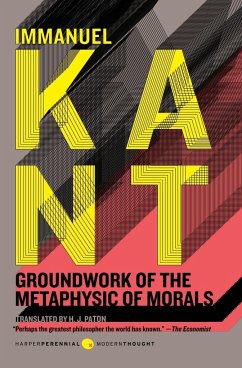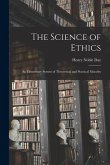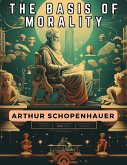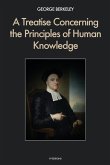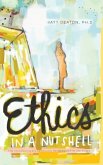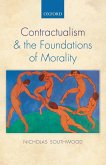Is it really the case that all would be permissible if there were no God? Open slather, where behaviour that people would normally describe as immoral goes unchecked, and possibly pervades. The notion is generally attributed to Dostoevsky's character Ivan Karamazov, and there are many who would agree with it. But not everyone. In this book Peter Hotchin provides reasons for believing that morality has no need of supernatural support. Drawing on the ideas of thinkers past and present, from diverse fields, he argues for the existence of a relationship between order, needs, harm, and morality. Human needs, he maintains, emanate from a fundamental need for order, and harm is done when that need is violated. With immorality consisting in wilful or careless harm-doing by human beings, the proposed relationship establishes non-supernaturalistic grounds in which morality can be anchored. The same principles are also shown to provide a basis for an ethics that encompass non-human animals and the environment.
Hinweis: Dieser Artikel kann nur an eine deutsche Lieferadresse ausgeliefert werden.
Hinweis: Dieser Artikel kann nur an eine deutsche Lieferadresse ausgeliefert werden.



